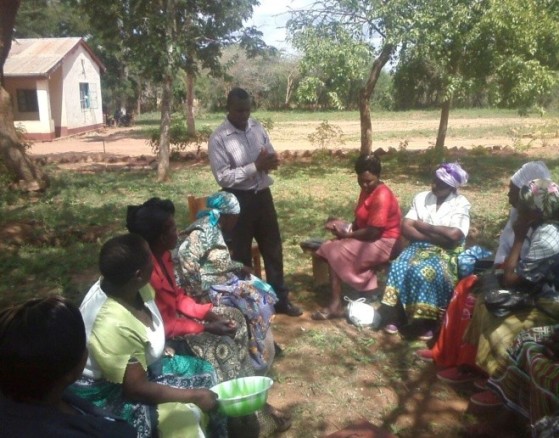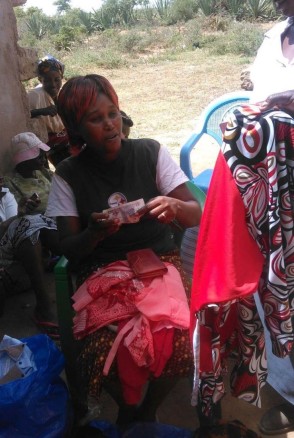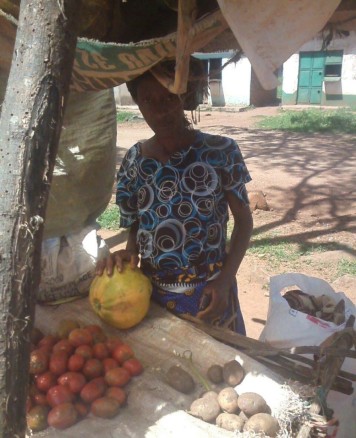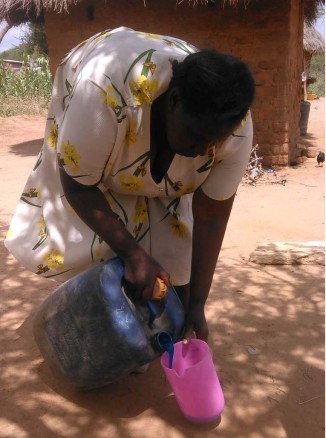klaras blog chapter one
Content: EIF tab 6 (contact us)
Content: EIF tab 4 (Meet Jane)
Content: EIF tab 1 (The Fund)
Refugees
20% of refugees arriving in Europe by sea are Afghan
Only 10% of Afghans are in regular, waged employment
The average working Afghan earns US $16 a month
Up to 44% of the families we work with are sometimes forced to skip meals
Moving forward
Creating a job in the developing world costs a fraction of what it does to resettle a refugee in Europe. In Afghanistan, a sustainable, life-changing job costs Hand in Hand £300 to create. In Germany, feeding, housing and providing language classes to a single refugee costs £8,800 per year.
Hand in Hand Afghanistan has helped create 39,000 businesses and 44,000 jobs, transforming the lives of some 280,000 people – most of them children. And we’re only getting started. In light of the ongoing refugee crisis, we are committed to expanding our operations in Afghanistan, and recently joined with GIZ, the German government’s development agency, to help more than 4,000 returnees and IDPs work their way towards a prosperous, sustainable future in the country’s growing poultry value chain.
A message from John Kay, Financial Times
Content : Goals – The Big Picture tab
In

250 million jobs


1 billion lifted from the bottom of the pyramid
Across the developing world, informal small- and medium-sized enterprises dominate the economic landscape. In India, for example, home to Hand in Hand’s largest operation, informal jobs in agriculture, manufacturing and more account for 90 percent of GDP.
Clearly, the public and formal private sectors cannot and will not provide the 250 million jobs required to lift the bottom billion out of poverty.
Developing world employment by sector

But for all its size and dynamism, the informal sector cannot overcome poverty on its own. A lack of capital and business knowledge, along with barriers to accessing microcredit and crucial larger markets, keep millions from realising their potential. That’s where Hand in Hand comes in, providing would-be entrepreneurs with the skills and training they need to work their own way out of poverty – without fuelling the cycle of dependency.
In India, where our job creation model was first tried and tested, jobs cost as little as US $38 each to produce. In Afghanistan – our most challenging context, hampered by security concerns and difficult geography – that figure is approximately US $328. According to the Institute for the Study of Labor, other NGOs spend up to US $400 per person on training alone.
Water page – Kenya
Water page – India
Content: Visit village Kenya 12 month report
You already know Kelvin Mulwa, the trainer supporting Kithimani, from our last two updates. Kelvin says his “most memorable and humbling experience was at the end of last year, when members were sharing the dividends from the group’s revolving fund. I could see the joy in the members’ eyes as each member got his or her share. This made me proud of the work I had done.”
By the numbers
One year in, nine groups have been mobilised, comprising 192 of the 400 villagers we plan to reach; 176 are women and 16 are men. Together they support 509 children. Groups meet every two weeks, and 164 women have completed the first module of our training, learning how to run their groups and manage collective savings. Every group keeps minutes of their meetings and a cash register to track their savings. These are the tools that will ensure they continue to save and thrive long after the support has ended.
The second module, ‘savings training’, has been completed by 148 members, all of whom have started to save. At the moment their personal savings are low, ranging from 200 KES (US $2) to KES 14,000 (US $16). This is the first time many have set money aside, given that most must provide for four children or more on an average income of US $2.30 a day.
The power of learning
Most members (124 out of 192) in Kithimani have a maximum four years of education. The support they receive provides a once-in-a-lifetime opportunity to catch up on the skills they need to break the cycle of poverty and improve their children’s future opportunities.
The third module, ‘enterprise training’, is being completed by 129 villagers. Lessons include how to earn money from pre-existing skills or assets, how to differentiate oneself from the competition, how to set prices and more.
Former CEO of Microsoft Steve Ballmer famously said, “what gets measured gets done”. This applies to Kithimani’s aspiring business owners every bit as much as it does to the world’s biggest companies. Seventy-six members have already moved on to the fourth module, ‘financial skills training’, where they are learning basic bookkeeping. This skill enables them to manage their costs, separate their household expenses from their business costs and calculate whether they’re making a profit.
Voices from the village program
Rhoda Munywoki (left) started a greengrocer selling produce to the local community. After completing all four training modules, Rhoda said: “Since I started keeping records in my business, I have seen tremendous change. Now I can account for every cost incurred in my business and I know how much return it is producing. With the records I keep, I can plan much better than before. It’s made me realize that I need to sell a greater variety of fruits to increase my income.”
Mercy Wambua (right) sells detergents. “In the past six months I have learned how to manage my debts,” she says. ‘I started selling liquid soap in my village and that has been a great second income. I want to start supplying detergents to the secondary schools around the village to increase my sales.”
What’s next?
Kelvin has a busy 12 months ahead of him. First he must recruit the remaining 208 members, then graduate all 400 from Hand in Hand’s ‘grassroots MBA’. Criss-crossing the dust roads on his motorbike, Kelvin will ensure every member acquires the vital business and financial skills they need, including how to market their products beyond their neighbourhood.
In a poor village like Kithimani, businesses can never grow past a certain level. That is why we aim to equip the women and men and of Kithimani with the means to secure larger sales in neighbouring Matuu, the largest town in the vicinity.




